2022 reading list for thinkers and doers
13 great books for the readers in your life.

2022 was another year of great books at AGO.
So we decided to make our reading list a yearly tradition.
Below are 13 books by activists, strategists, poets, surrealists, and other people with fresh and important ideas.
There are books about coalition building and social justice, books about humane technology and the circular economy, and books about different kinds of love. These books helped us to understand existing systems so that we can improve them, and they helped us to see the past more clearly so we can create a better future. They motivated us, excited us, and left us feeling like slightly better versions of ourselves.
We hope they will do the same for you and your bookish friends.
There are books about coalition building and social justice, books about humane technology and the circular economy, and books about different kinds of love. These books helped us to understand existing systems so that we can improve them, and they helped us to see the past more clearly so we can create a better future. They motivated us, excited us, and left us feeling like slightly better versions of ourselves.
We hope they will do the same for you and your bookish friends.
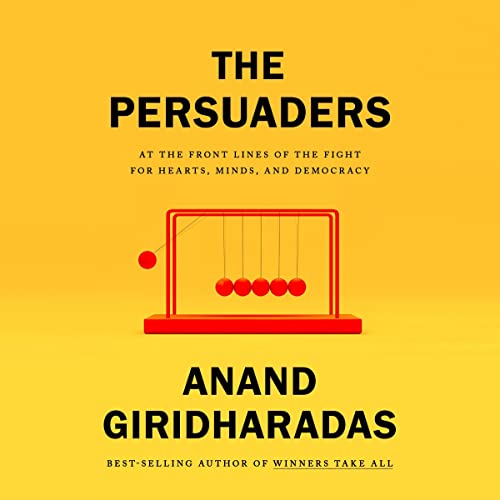
The Persuaders by Anand Giridharadas
Giridharadas' most recent book is a guide for activists and organizers with a pretty straightforward message: in order to create meaningful cultural and political change, we must do a better job of building bridges, finding common ground, and welcoming people who may not share 100% of our worldview. He makes his case with detailed accounts of people already doing this work—activists, politicians, educators, and everyday citizens who are on the ground changing minds and fighting for democracy.
“This book was written for movement builders, and it contains many excellent real-world examples of why successful movements require empathy and flexibility. Giridharadas asks us to remember that while our ideals should be lofty, our feet need to be on the ground changing minds and welcoming allies to our cause." — Gillian Gutierrez, Managing Director
Where to buy it: Bookshop.org, Libro.fm (audiobook)

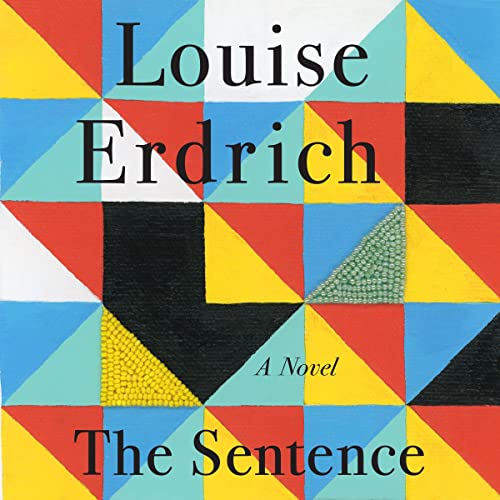
The Sentence by Louise Erdrich
Ostensibly, this is a story about a woman working at an independent bookstore in Minneapolis who's being haunted by her least favorite customer. Actually, it's about love, redemption, social justice, motherhood, cultural appropriation, and the pandemic year. It's also a primer on spirituality for non-believers and a light-touch introduction to an Indigenous perspective for non-Native people.
“This is the ultimate book for booklovers and a pretty good book for activists, too. The characters are unforgettable, the writing is magic, and there are a ton of great book recommendations nestled throughout the story.” — Rachel Thomas, Senior Writer
Where to buy it: Bookshop.org, Libro.fm (audiobook)

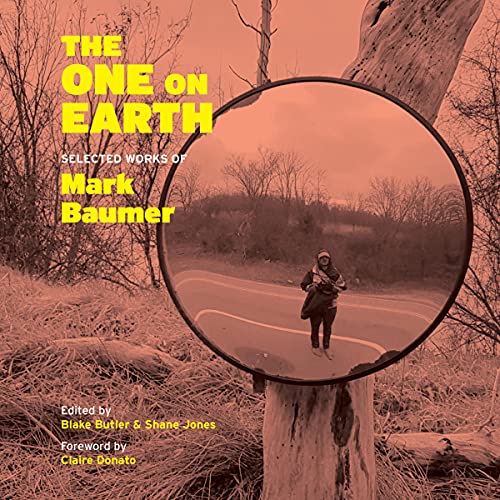
The One on Earth by Mark Baumer
The author of this book, Mark Baumer was an activist who walked barefoot across North America to raise awareness of climate change. He was also an eccentric and energetic writer who self-published dozens of books before dying at age 33. This collection of travel writing, poems, and other bits and bobs "add up to a strange but astute critique of modern life," as Publisher's Weekly put it, and will please readers who enjoy a surprising and absurdist style.
“Mark was a friend of a friend, and I heard him read his cover letter excerpts at a birthday talent recital. His writing is as absurdist as where I learned about him. This book is infectious—equal parts hard truth and humor.” —Carla Yuen, Strategy Lead
Where to buy it: Bookshop.org, Audible (audiobook)

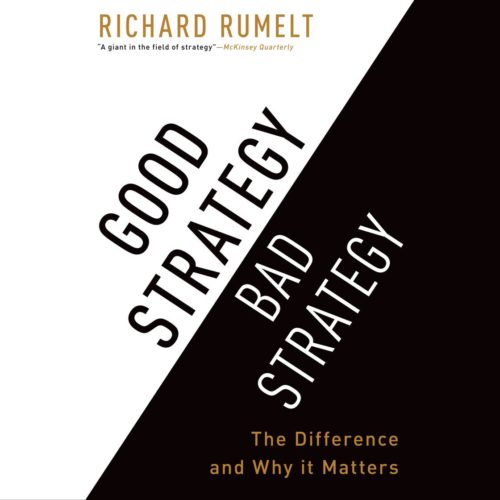
Good Strategy, Bad Strategy by Richard Rumelt
This book—as the title suggests—offers pragmatic advice for implementing specific, coherent strategies instead of the "fluffy packages of buzzwords, motivational slogans, and financial goals" that often pass for strategy. Rumelt, who has taught business strategy for decades, draws on a variety of interesting real-world examples from small businesses, large enterprises, the military, and—relevant here—the nonprofit world.
“Good strategy is simple, but it comes only after the hard work of painstakingly analyzing challenges and opportunities. This book is a must-read for anyone who works in strategic planning or decision-making.” — Prab Laoharojanaphan, AGO Human Rights Fellow
Where to buy it: Bookshop.org, Libro.fm (audiobook)

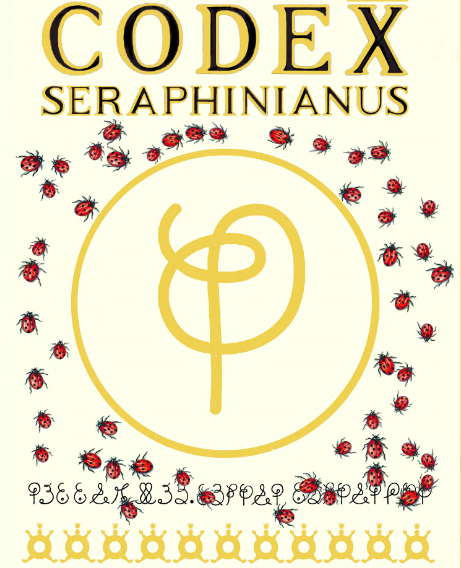
Codex Seraphinianus by Luigi Serafini
Created by Italian architect and artist Luigi Serafini, Codex Seraphinianus is a masterpiece of surreal art for collectors of curios and anyone else who enjoys a light mind-bending. Serafini has said he was trying to "convey to the reader the sensation that children feel in front of books they cannot yet understand," and we think he succeeds.
“Codex is a rare and unusual book that not a lot of people know about—an encyclopedia for a world that doesn't exist. I have a copy of it on my desk. Definitely something to spark the imagination.” — Rafa Teixeira, Creative Director
Where to buy it: Powell's

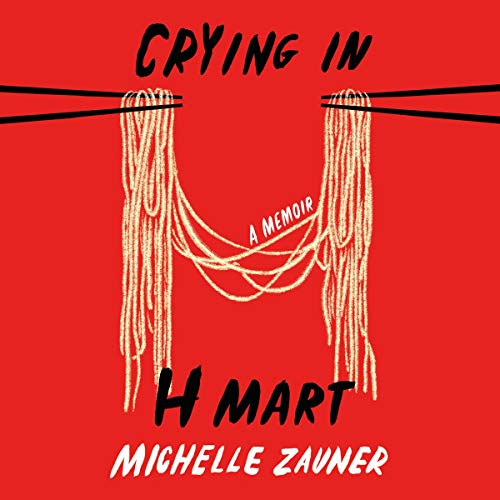
Crying in H Mart by Michelle Zauner
In one of the opening passages of Crying in H Mart, Zauner sets the scene: "Sobbing near the dry goods, I ask myself, 'Am I even Korean anymore if there’s no one left in my life to call and ask which brand of seaweed we used to buy?'" Thus begins this beautiful, haunting exploration of what it means to be the child of immigrants, permanently stuck in a kind of cultural purgatory, both belonging—and also not belonging—to two very different places. Sumptuous, evocative descriptions of Korean food are the through line of the story as Zauner narrates her mother's terminal illness and connects more intimately with her Korean heritage.
“This book will leave you hungry—hungry for the amazing Korean food and ingredients Zauner describes, and also hungry for personal and familial connection. It's an incredibly relatable book about how small moments, smells, and tastes shape our memories and existence.” — Julia Mesquita, Engagement Director
Where to buy it: Bookshop.org, Libro.fm (audiobook)

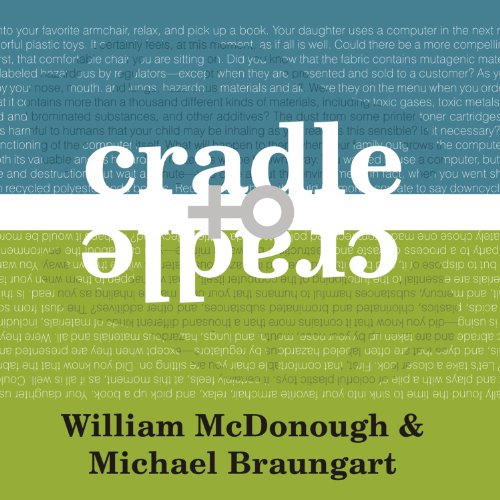
Cradle to Cradle by William McDonough & Michael Braungart
Written in 2002 by an architect and a chemist, this book is one of the foundational texts about the circular economy—a model of production that proposes closed-loop industrial cycles instead of the consumptive and wasteful linear economy we currently have. In this "manifesto for a radically different philosophy and practice of manufacture and environmentalism," McDonough and Braungart propose that, as in the natural world, everything we produce should provide nourishment for something new after its useful life.
“Inspired by the circularity movement and the genuine observation of nature’s waste-free and abundant supply chains, this book compels us to realize that slight changes in our perspectives and awareness can unveil boundless opportunities to create solutions that, instead of being less bad, are 100% good.” — Maud Pernet, Strategy Lead
Where to buy it: Bookshop.org, Libro.fm (audiobook)

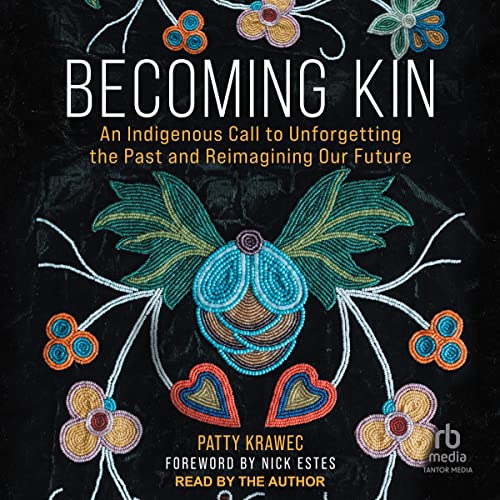
Becoming Kin by Patty Krawec
A beautiful and thoughtful—if sometimes brutal—book about settler colonialism. Krawec, who is Anishinaabe, pairs her own personal story and the story of her ancestors with scientific and cultural analysis to make the case that we must face history to create a better future. As author Kaitlin Curtice put it, this book is "a must-read for those working towards understanding and dismantling colonization."
“A beautifully crafted rewriting of history, which artfully balances a chilling exploration of what was with inspiration and hope for what can be.” — Gillian Gutierrez, Managing Director
Where to buy it: Bookshop.org, Libro.fm (audiobook)

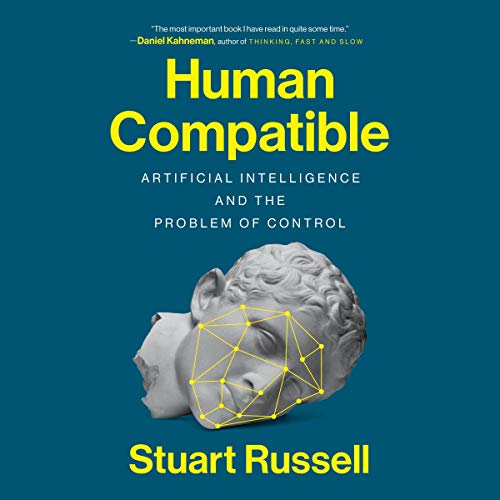
Human Compatible by Stuart Russell
Our machines are getting smarter, and they are increasingly capable of doing what we ask. The problem then, as Stuart Russell outlines in this delightful, fascinating book, is that we must be very careful what we ask for. In the words of author and philosopher Sam Harris, Russell has written "a brilliant and utterly accessible guide to what will be either the best or worst technological development in human history."
“Most people understand that AI is an existential threat, but misunderstand how. Russell does an excellent job of clearing up the confusion and explaining how we can build AI technologies that are both smart and humane.” — Rachel Thomas, Senior Writer
Where to buy it: Bookshop.org, Libro.fm (audiobook)

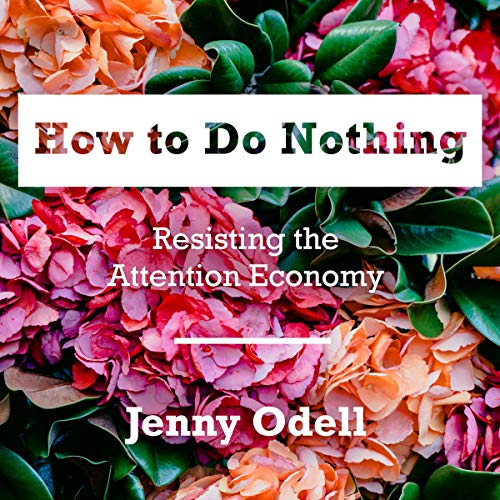
How to Do Nothing by Jenny Odell
The central idea of this book is one that we at AGO already love a lot: when we take time to reconnect with the world around us—particularly the natural world—beautiful things begin to happen. So explains artist and educator Jenny Odell in this inspiring manifesto that encourages us to drop out of the attention economy and reclaim our time, attention, and peace.
“How to Do Nothing sheds light on how our ability to make sense of the world and to act meaningfully have been compromised by a culture that idolizes productivity and undervalues connection and solitude. It's a masterful thesis about how to resist the attention economy and extractive capitalist reality we are all immersed in.” — Elsie Iwase, Strategy Director
Where to buy it: Bookshop.org, Libro.fm (audiobook)

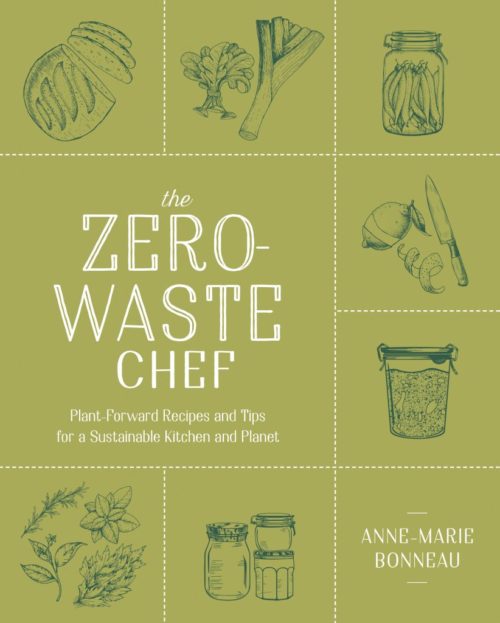
The Zero-Waste Chef by Anne-Marie Bonneau
More than a third of all food in the U.S. goes to waste—a nightmare for the environment, global warming, and food-insecure people. This fun and practical cookbook and kitchen management manual offers up a plethora of ideas for reducing waste in the kitchen. Anne-Marie Bonneau convincingly argues that when we set out to waste nothing, cooking becomes more delicious, fun, and healthy.
Other honorable mentions in the zero-waste cookbook category include Waste Not from the James Beard Foundation and Cooking with Scraps by Lindsay-Jean Hard.
“This zero-waste cookbook is full of great recipes and cool tips. It's a goldmine of easy suggestions for joyful actions that you can take in your own kitchen, and Bonneau is quick to remind us that the goal isn't perfection. One person wasting nothing is great, but millions of people wasting 20% less will have a much bigger impact.” — Patrina Couling, Engagement Lead
Where to buy it: Bookshop.org

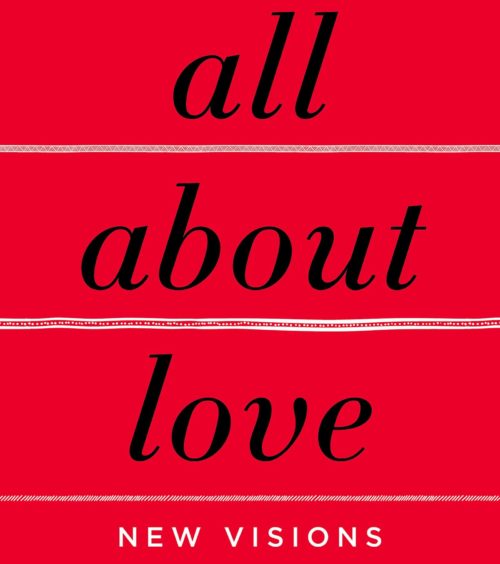
All About Love by bell hooks
Dare we suggest that this bell hooks classic is more relevant today than when she wrote it two decades ago? All About Love offers an expansive view of love, not only as an artifact of romantic relationships, but as a social ethic. At once provocative and intensely personal, hooks proposes that if we can collectively improve our ability to give and receive love, we can heal the divisions in our society and live fuller, happier lives.
“This book addresses love, not only as a part of romantic relationships, but as something that is determinant in all aspects of our lives. When things are done from love, everything acquires a different intention and meaning.” — Mariana Botero, Senior Strategist
Where to buy it: Bookshop.org

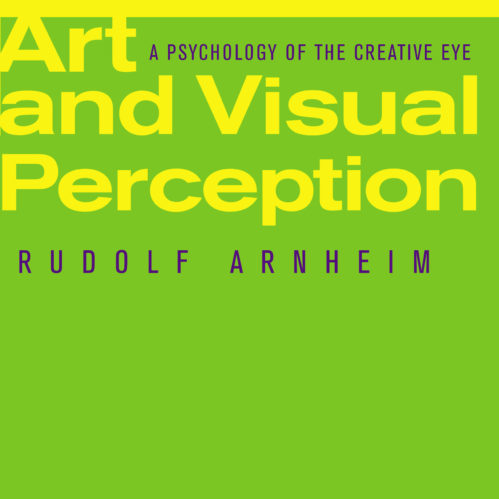
Art and Visual Perception by Rudolf Arnheim
This book is for art enthusiasts who want to gain a deeper understanding and appreciation of art—and of modern art in particular. In this seminal text, Arnheim, an art theorist and perceptual psychologist, explores the role that psychology plays in how we see, understand, and interpret art, and proposes that seeing is its own act of creation.
“Many consider this book to be the Bible of creative thinking and visual creativity. Arnheim shows the psychology of viewing art: the intricate rules of the interplay of our perception of the world around us and the physical object itself.” — Marco Grasso, Senior Designer
Where to buy it: Bookshop.org

Sign up for our lightweight newsletter
Insights and resources for important work